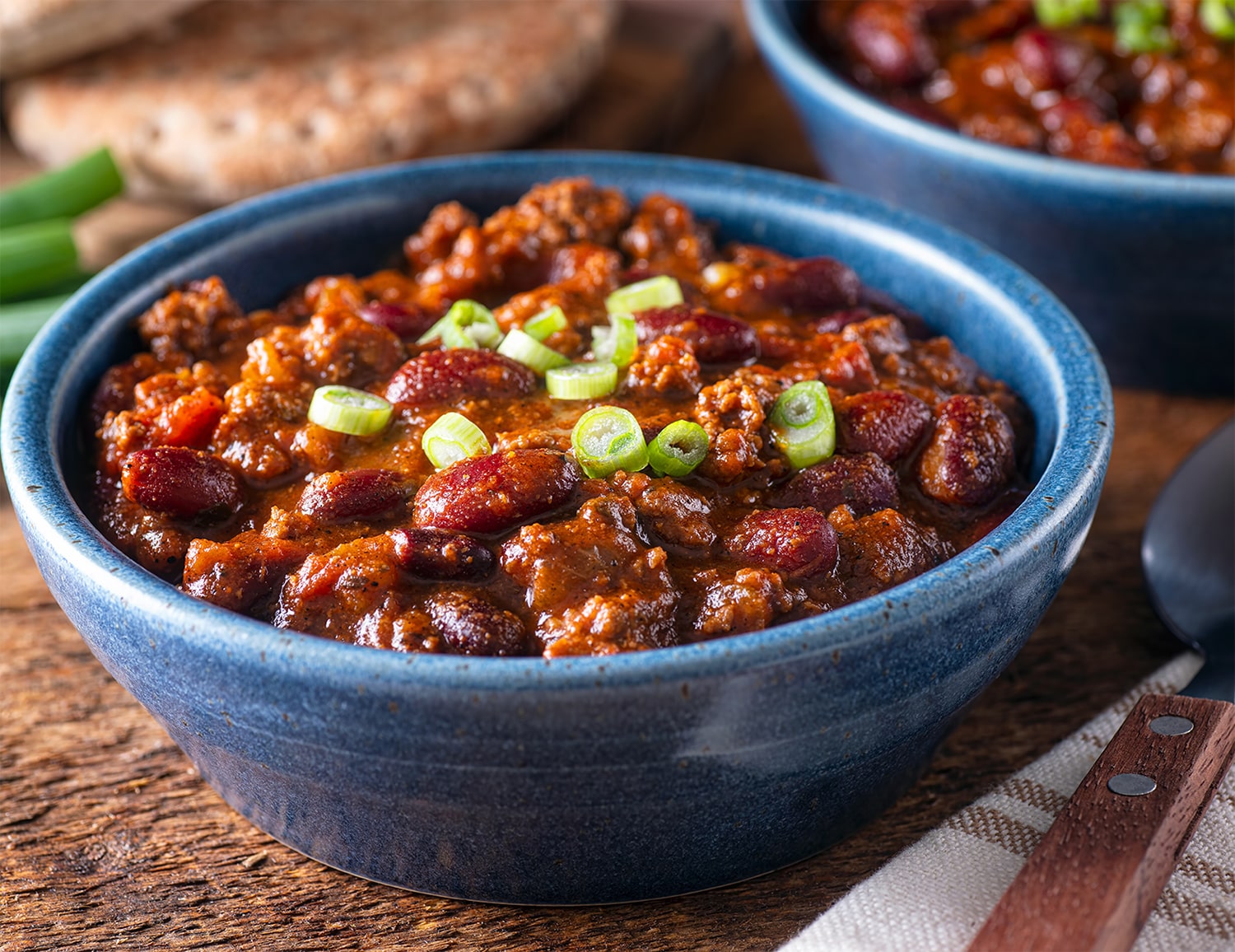FOR CANCER SURVIVORS AND PATIENTS looking to adopt a healthier diet, eating well doesn’t have to break the bank. “Healthy eating can be very simple. You can get a lot of very nutritious foods very, very cheap. They don’t have to be very expensive foods coming from fancy grocery stores,” says Melissa Shannon-Hagen, a registered dietitian and board-certified specialist in oncology nutrition at the University of Michigan Rogel Cancer Center in Ann Arbor.
Mapping out meals a week at a time is a great way to save money, according to Shannon-Hagen. She recommends looking for discounted items at the grocery store and planning menus around them. If nothing stands out, beans and lentils are rich in vitamins and minerals, and can be bought inexpensively at any time. These and other legumes are also a very good protein source, Shannon-Hagen says. Health and thrift both signal against eating too much red meat for protein, on the other hand. Not only can it be expensive, but it may also increase the risk of some cancers.
The American Cancer Society (ACS) recommends eating lots of fruits and vegetables to reduce the risk of cancer and cancer recurrence. The same nutrition recommendations apply to people undergoing cancer treatment, the ACS notes, though Shannon-Hagen suggests that patients struggling with weight loss during cancer treatment focus on eating enough food overall. She advises people not to get hung up on fresh, organic produce, which may be expensive. Research has not established a link between including conventionally grown vegetables in the diet and developing cancer, she says.
Shannon-Hagen recommends buying produce fresh when it’s in season and frozen when it isn’t. “Fruits and vegetables are usually frozen at their peak time, so they often have lots of nutritional value,” she says. In fact, produce that’s harvested and immediately frozen can have even higher nutritional value than “fresh” produce that sits longer between harvest and consumption, according to the ACS. Canning does reduce levels of some nutrients in produce, on the other hand, and canned foods often contain added salt and sugar. For these reasons, Shannon-Hagen recommends choosing frozen fruits and vegetables over canned when possible.
The bottom line is to eat more fruits and vegetables, says Shannon-Hagen. More generally, she discourages perfectionism. “It’s easy for people to feel like they have to eat in a perfect way after a cancer diagnosis. And we as dietitians don’t look for people to eat perfectly,” Shannon-Hagen says. “We want people to make the best choices that they can for their circumstances, and within the resources and selection that are available to them.”
Cancer Today magazine is free to cancer patients, survivors and caregivers who live in the U.S. Subscribe here to receive four issues per year.





